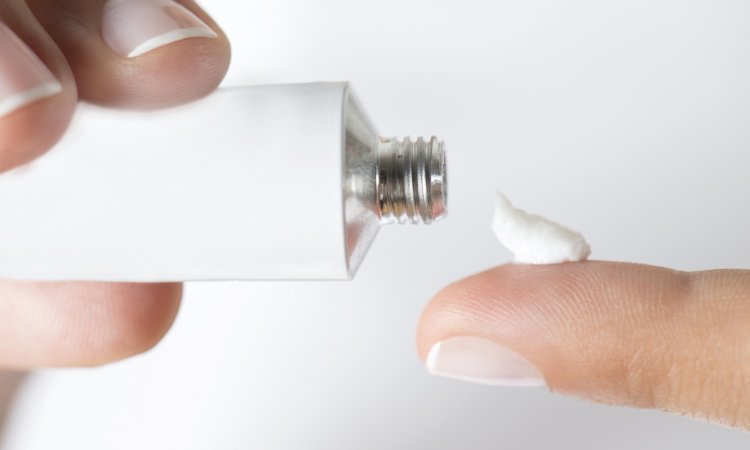Oncology
Radiotherapy could extend lives of pancreatic cancer patients
Patients with early stage pancreatic cancer could be given longer to live if they receive radiotherapy at a high enough dose, according to research presented at the ESTRO 36 conference.
Pancreatic cancer already affects around 338,000 people worldwide annually and this figure is increasing. It is notoriously difficult to treat and consequently has one of the lowest survival rates of any type of cancer. Previous research has suggested that radiotherapy may be of little help to pancreatic cancer patients but the new research indicates that it may have a role to play, if it is given at a high enough dose.
The study retrospectively analysed 514 patients from Europe and the US who were diagnosed when their tumours had not spread and could be removed by surgery. Following surgery, all the patients had been treated with chemotherapy combined with radiotherapy. Patients were followed for an average of 20 months. The researchers divided the patients up into four groups according the dose of radiation they received. The results suggest that the higher the dose, the longer the patient lived. Radiation dose is measured in units called grays, with one gray (Gy) equivalent to absorbing one joule of radiation energy per kilogram of body tissue. Patients who received a dose less than 45 Gy had an average survival of 13 months, patients with a dose in the range of 45 to less than 50 Gy had an average survival of 21 months. For the next group with a dose range of 50 to less than 55 Gy, average survival was 22 months and for the group with the highest doses of 55 Gy or more, average survival was 28 months.
The research was presented by Dr Francesco Cellini, radiation oncologist at the Fondazione Policlinico Universitario Agostino Gemelli and the Università Cattolica del Sacro Cuore, Rome, Italy. He told the conference: “Survival rates for pancreatic cancer remain stubbornly low, with most patients given months rather than years to live. Previous research has not shown a benefit for treating pancreatic cancer with radiotherapy, suggesting that these tumours are somehow resistant to radiation, but this study suggests the situation is more nuanced. We have found that the higher the dose, the longer the patient is likely to survive. This may indicate that the doses were simply not high enough in previous research. The pattern of increasing survival in this study suggests that tumours of the pancreas are not resistant to radiation, they just need to be tackled with an adequate dose.”
One of the reasons why pancreatic cancer has a high mortality rate is that it produces very few symptoms in its early stages and by the time it is diagnosed, it has already spread. Dr Cellini added: “Even in developed countries, perhaps only a quarter of patients are picked up early enough to have their tumours surgically removed. Although their survival chances are better, the majority still do not survive beyond a few years.” For patients with early stage tumours, standard treatment is surgery followed by chemotherapy, sometimes with radiotherapy. For later-stage disease, patients are treated with chemotherapy, which may be combined with palliative radiotherapy as their disease progresses. Dr Cellini said: “Radiotherapy has benefitted from a number of technological improvements over recent years and it is becoming easier to give higher doses that are targeted to the tumour area. This study suggests radiotherapy should be considered for patients with early stage pancreatic cancer. It may also be worthwhile to investigate whether current radiotherapy techniques could also bring survival benefits to patients with more advanced tumours.” Dr Cellini is now working with colleagues under the supervision of Professor Alessio Morganti (leader of the presented research) on a study using high-dose radiotherapy, combined with chemotherapy to treat pancreatic cancer patients ahead of surgery.
President of ESTRO, Professor Yolande Lievens, head of the department of radiation oncology at Ghent University Hospital, Belgium, said: “This is an interesting study which raises questions about the role that radiotherapy could play in extending the lives of people diagnosed with pancreatic cancer. In this grim disease, radiotherapy has not been shown to have an impact on survival, but the current study suggests the doses previously tested may have been too low to do so. Radiotherapy has evolved and improved considerably over recent years, allowing us to deliver higher doses without increasing side effects, and, for a cancer with such poor survival rates, all promising new options should be explored.”
Source: ESTRO
08.05.2017





